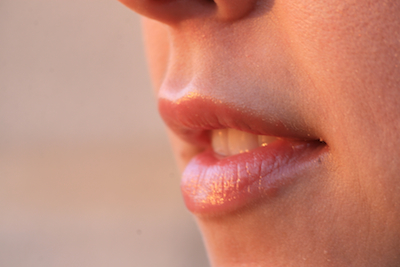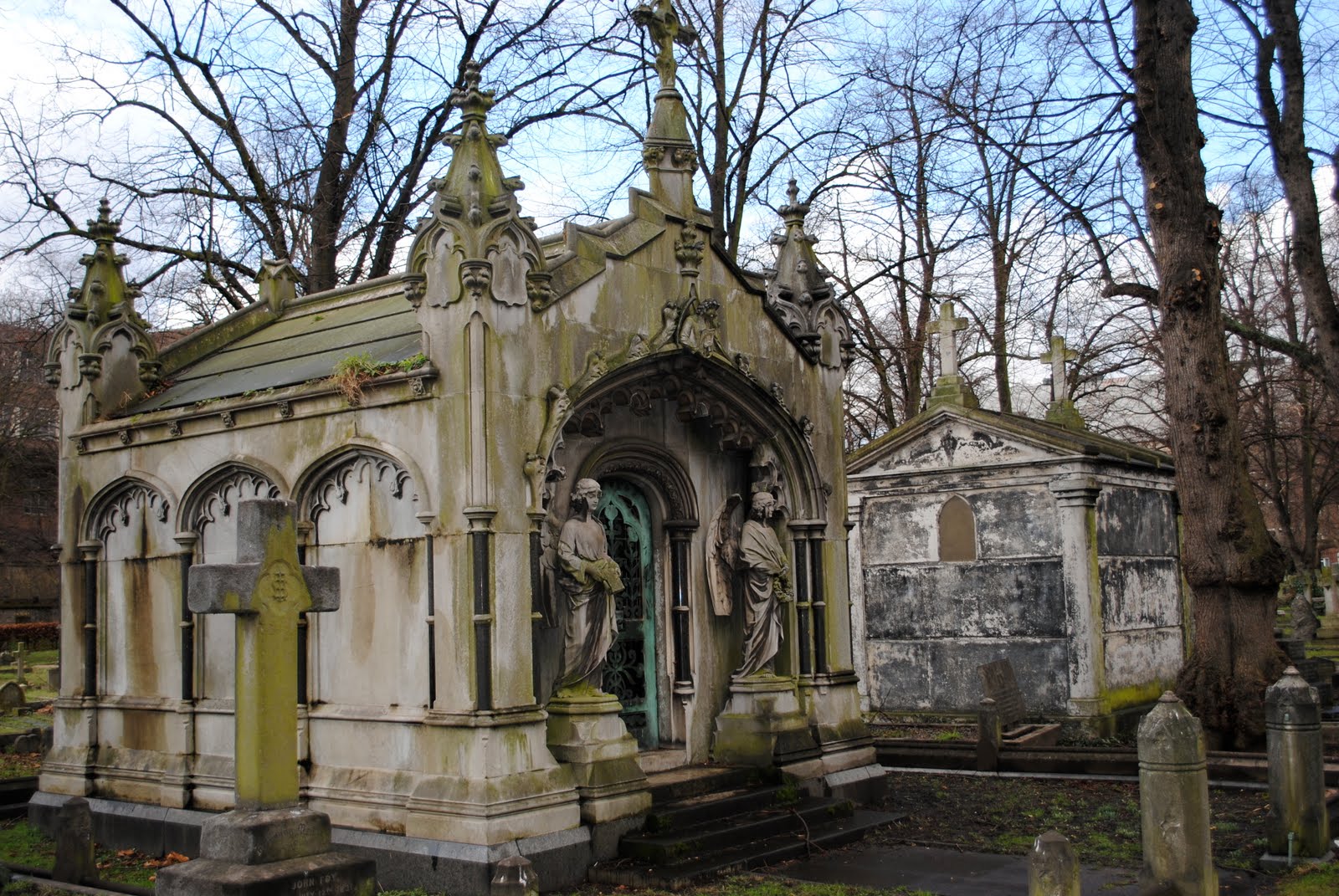When you lip read surveillance CCTV
If you lip read people, this is good to know!
The CCTV Surveillance Camera Code of Practice officially came into force today.
As the new code comes into force, we answer some frequently asked questions about who will be impacted and what you’ll have to do.
To whom does the Surveillance Code of Practice apply?
The code applies only to public bodies such as the police and local governments in England and Wales. Private companies are not bound by it, but they are encouraged to use it as guidance in operating their own systems.
Why has the code been introduced?
The code was introduced under the 2012 Protection of Freedoms Act 2012. The act included a provision for a new surveillance camera commissioner, who would help draft the code, review its operation, and provide advice.
The government wanted to address concerns over the potential for misuse of video surveillance in public places. It also wanted to help engender a culture of “surveillance by consent.”
Who is the surveillance camera commissioner?
The first commissioner is Andrew Rennison, who is also the government’s forensic science regulator. Before that, he was the interim CCTV regulator.
Who will enforce the code?
The surveillance camera commissioner has no enforcement or inspection powers, so public bodies will be expected to be self-regulating. Rennison told an IFSEC International audience that he was not worried self-regulation would fail.
The ministers wanted a light-handed regulation. Those that have regard to the Code will have no liability. However, I can comment that anyone who is under this code are people of integrity, so I am not worried about it.
What punishment could breachers face?
The law does not contain any criminal consequences for authorities that fail to comply with the code. A failure to comply will not make a person or authority liable to either criminal or civil proceedings. However, the code is admissible in evidence, so it could be used to show that video surveillance images had been obtained in breach of the code.
How does the code define a surveillance camera system?
The surveillance camera commissioner has kept the definition of a surveillance camera system deliberately vague, because changes in technology could leave any definition outdated. In the response to consultations, the Home Office wrote:
Technological advance will continue, and is expected to move rapidly. As a consequence, there is the risk that new technology, which may have a greater potential to interfere with the right to privacy, could fall outside the scope of a detailed definition.
However, in general the code refers to any camera system that overtly monitors a public place, including body-worn cameras and automatic number place recognition systems. It does not cover covert surveillance systems. If there is any doubt as to whether a specific technology is within the scope of the code, people are encouraged to consult the surveillance camera commissioner for advice.
Should I be aware of other video surveillance laws?
There are other laws that impact the use of surveillance. The Human Rights Act of 1998 enshrines the police’s duty to respect a person’s right to a private and family life. The Data Protection Act of 1998 applies to all video surveillance systems, as an individual’s image is defined as that individual’s data.
The Surveillance Camera Code of Practice supplements previously issued guidance from the Information Commissioner’s Office on the use of CCTV in the UK. The latest edition of the CCTV code of practice was issued in 2008. The use of covert surveillance is covered separately under the Regulation of Investigatory Powers Act of 2000.
What are the chances of the code being broadened to include private companies?
Pretty slim. Although private companies and individuals are being advised to use the code as the basis for operating their own video surveillance systems, the government’s ongoing Big Society strategy precludes the idea of increased regulation in this space. However, some individuals and groups, including Big Brother Watch, are still campaigning for the code to apply to all CCTV cameras. As it is, the Surveillance Camera Code of Practice applies only to about 3% of CCTV cameras in the UK.
How do I contact the surveillance camera commissioner?
The Office of the Surveillance Camera Commissioner can be reached at SCC@homeoffice.gsi.gov.uk
If you’re able to lip read people on a TV screen and you’d like to lip read for us, contact us to find out more.










Very interesting. Thank you for providing great insight on video surveillance.